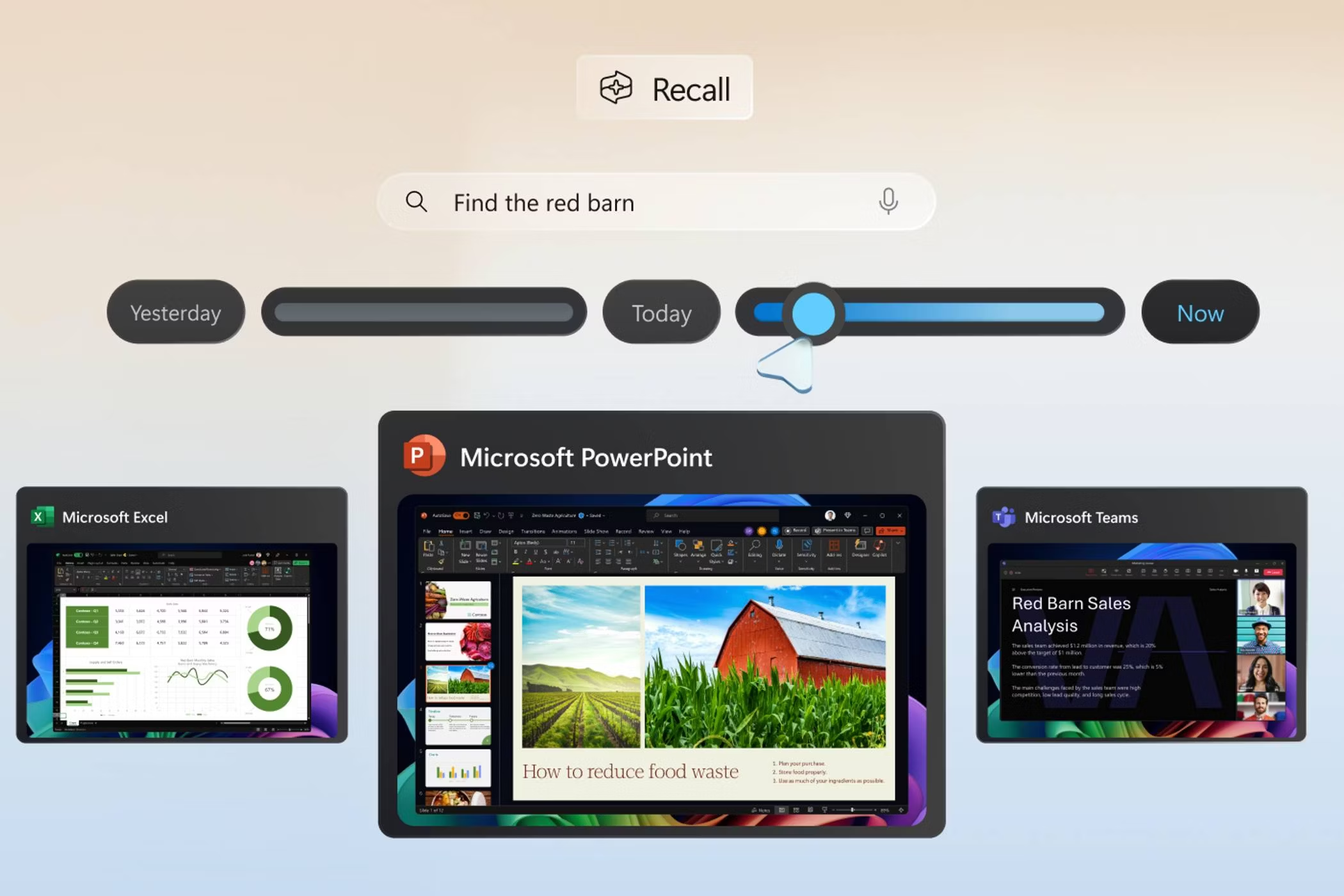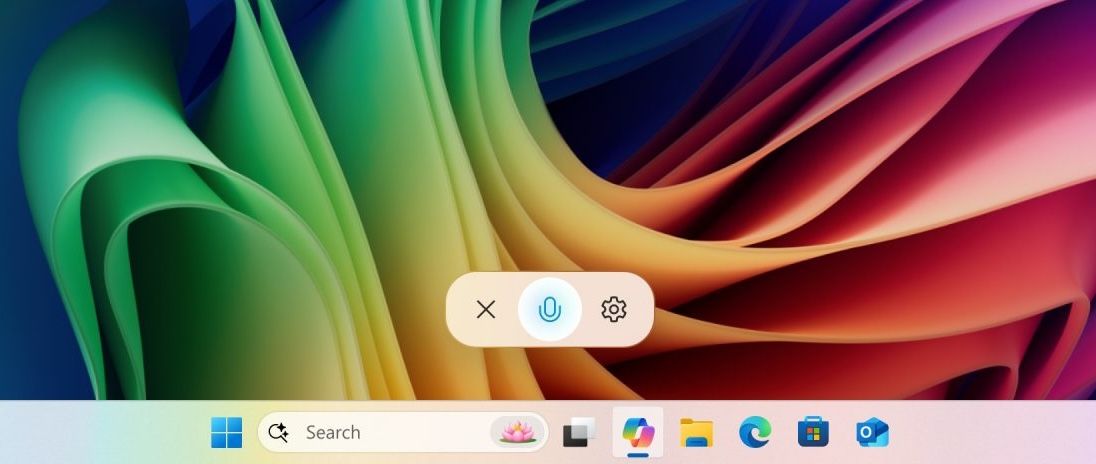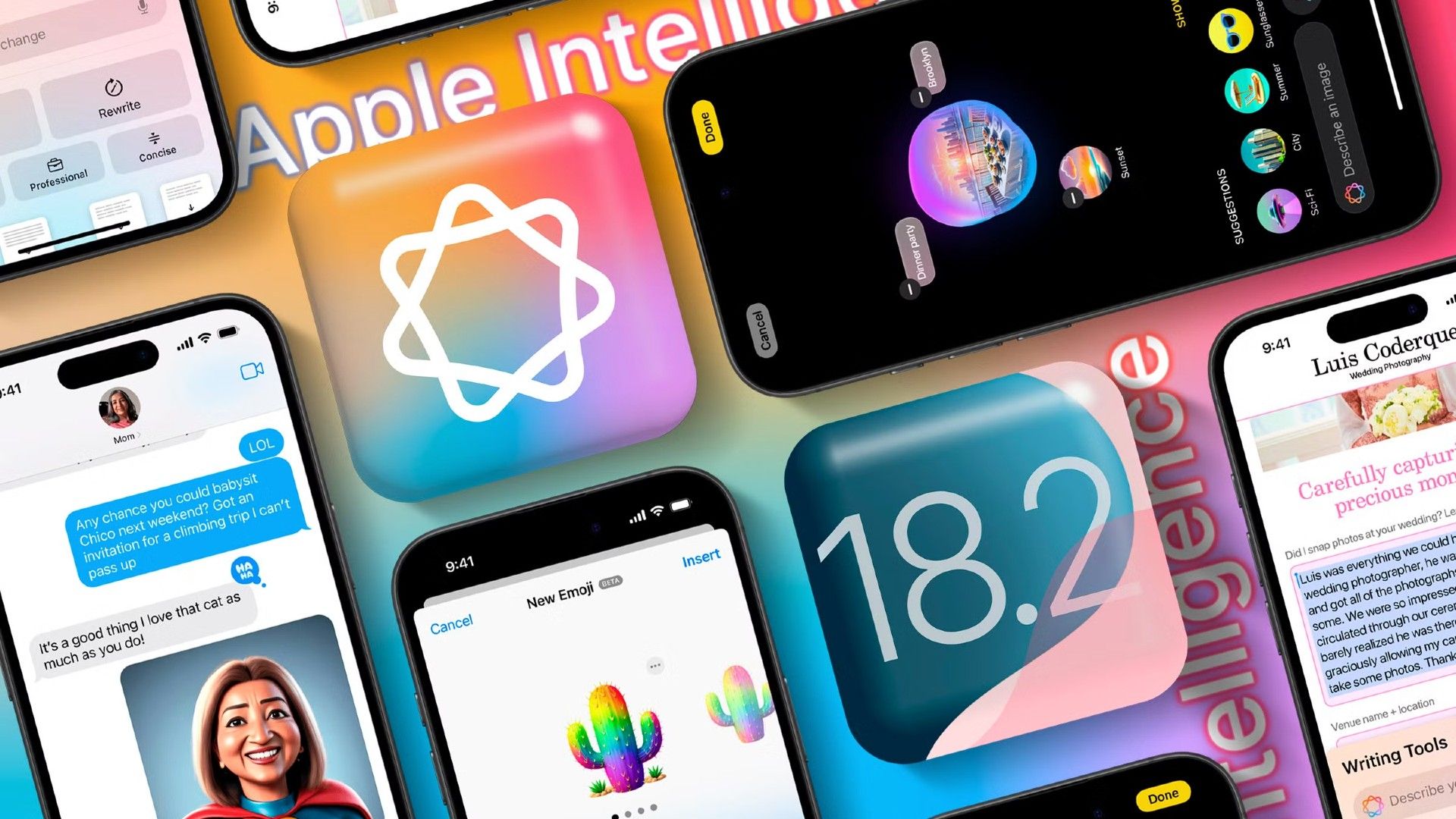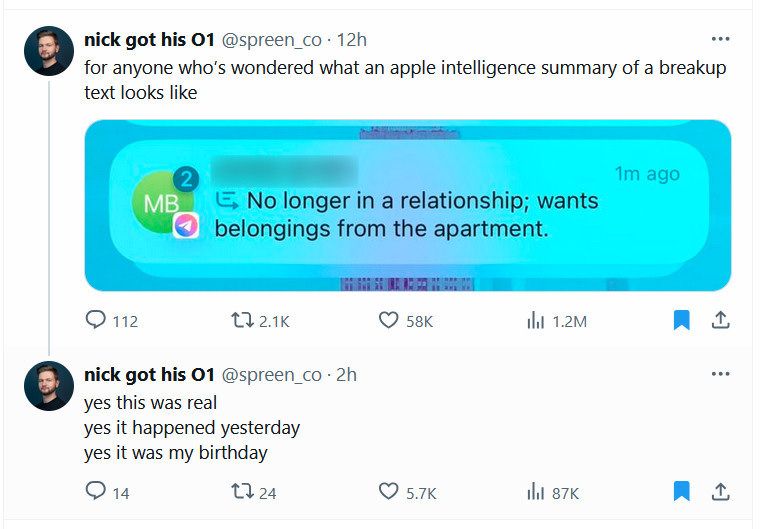Summary
- AI integration in operating systems, like Microsoft’s Copilot and Apple Intelligence, is more about hype than practicality.
- Microsoft, Apple, and Google are aggressively pushing AI into their products, potentially at the expense of user experience.
- Users prefer a stable, private, and customizable OS without unnecessary bloat, ads, or invasive AI features.
We’re seeing AI creep into all things digital, including our operating systems. Microsoft, Apple, and Google have all introduced their own versions of different AI integrations into their respective systems, and I think they’re doing more harm than good.
Why Is AI Everywhere All Of a Sudden?
AI, or artificial intelligence, has been around for decades now. It’s what powers the autocorrect in your phone, or Instagram’s facial recognition, and what makes smart search possible. AI like that can be tremendously powerful and useful.
The AI we keep hearing about these days is a special kind of artificial intelligence called generative AI, the kind that can generate text, images, video, or audio. Generative AI powers products like Gemini, Apple Intelligence, and Microsoft Copilot.
A recent breakthrough in machine learning models has made these bots incredibly sophisticated to the point that they can generate human-like content. OpenAI developed the first commercial bot, ChatGPT, and developed an entire business around this generative AI tech.
Now everyone wants a slice of the generative AI fortune, and nobody wants to be left behind. That’s why every tech company is rushing to shove AI into their products, whether it makes sense or not (that’s how we got the Humane AI Pin). So the short answer to why AI is everywhere in our operating systems now boils down to one word: hype.
This same hype is why Microsoft is pushing Copilot so aggressively. Copilot, for readers who may not know, is an AI assistant which Microsoft baked into the Microsoft 365 suite and consequently raised subscription prices. Microsoft has also embedded it directly into Windows systems, where it gets access to basically everything: system files, your local data, and your browsing history, along with all the telemetry data Windows already collects.
Microsoft is also selling Copilot+ PCs, which are basically just regular computers with an extra shortcut key. The flashy marketing makes it sound like it’s the future of computing, but it’s just the same Copilot service that’s baked into every copy of Windows 11.
Apple’s version, called Apple Intelligence, is even more deeply embedded in all their operating systems. They’ve introduced system-wide AI generation tools for writing and image editing. It’s supposed to make Siri better. Apple Intelligence can even read your notifications and “summarize” them.
Google’s Chromebooks are getting AI integrations everywhere in the OS too. Google’s version is called Gemini, and you’ll see the Gemini icon everywhere on modern Chromebooks.
The Big Promise of AI (and Why It Falls Short In Reality)
The original Copilot was supposed to have a feature called Recall. It lets Copilot take screenshots of your computer screen every few seconds and collect those screenshots in a local folder. It then uses AI to let you search through those screenshots to find stuff.
Everyone (understandably) hated it and experts told Microsoft how big of a security nightmare Recall could become if bad actors got their hands on sensitive info like banking details or passwords. After the backlash, Microsoft has shelved the Recall project for now.
Another feature Microsoft promised is intelligent file management in Windows Explorer. By integrating Copilot with Explorer and OneDrive, Windows can help you search files faster based on context. So a search like “resume draft” will return a file you’ve recently worked on, or a project linked to it. I’ll leave that up to you to decide how much of a difference that makes compared to regular searches.
But to me, Microsoft is just grasping at straws and inventing flimsy excuses to build generative AI into the operating system. Because here’s the simple truth: we don’t need assistants built into the OS.
These updates could just be self-contained apps, either on web services or on local machines. It would still be bloatware, but at the very least it wouldn’t be littering the entire OS. That’s without mentioning the resources these AI assistants hog, which would otherwise go towards making your device performant.
If you ask these tech giants, they’ll tell you AI will make your OS smarter. When your OS can anticipate your needs, it’ll help you get your work done better. Except, most people need an operating system that stays out of their way and lets them get their stuff done. They don’t need a glorified digital assistant to anticipate their every search, mislabel their files, or constantly surveil them. What they need is for Microsoft to fix the million bugs in Windows 11, improve updates, and extend support for older versions that work better.
Apple’s vision for AI is less aggressive, because it’s focusing on mobile devices, where digital assistants make sense. Apple has built writing tools into Messages and Mail and upgraded Siri. It can also summarize your text notifications. I’m onboard with Siri on steroids and even the writing tools in two apps is a conservative step (some reviewers say third-party tools do a better job).
The notification summaries are a horrible idea though. We send and receive sensitive and personal texts all the time, and seeing a robot-generated summary of them on your lock screen is going to get weird and dystopian really fast. It gets weirder when you remember these bots can just hallucinate and make up stuff.
What Most Of Us Actually Need from Our Operating System
If you could build it magically, your dream OS would probably look entirely different from the vision onto which big tech has latched. I would want a stable operating system that’s private (no phoning home every second) and lightweight (no bloat or ads). Ideally, it would have a modular design, so my installation only had stuff that I need and nothing that I don’t. Its interface is simple, intuitive, and customizable enough to suit your workflow. I would have complete control over updates, and those updates wouldn’t break my machine.
An AI assistant that doesn’t offer anything more than what I can get from a web app wouldn’t make the cut. If you agree with my idea of a good OS, it begs the question: what’s the motive behind forcing this overhyped tech on us?
I think it’s just one more way for these companies to mine our digital lives for data, since they can never have too much of your personal information. Building a closed-source digital assistant the user can’t disable because it’s rooted in the system itself and has access to pretty much everything is the perfect way to do so.
There are legitimate use cases where an AI assistant makes complete sense. For example, GitHub Copilot is an assistant that helps programmers code better and faster. I use the Gemini assistant to chat with PDFs in my Google Drive all the time, and I recently used it to build a Google Form instantly, which would otherwise have taken me half an hour.
AI tools should be optional standalone apps, and should be included in operating systems as such with a single switch to disable or remove them. Nobody gains anything from integrating AI into the operating system itself, except the companies making those operating systems.










